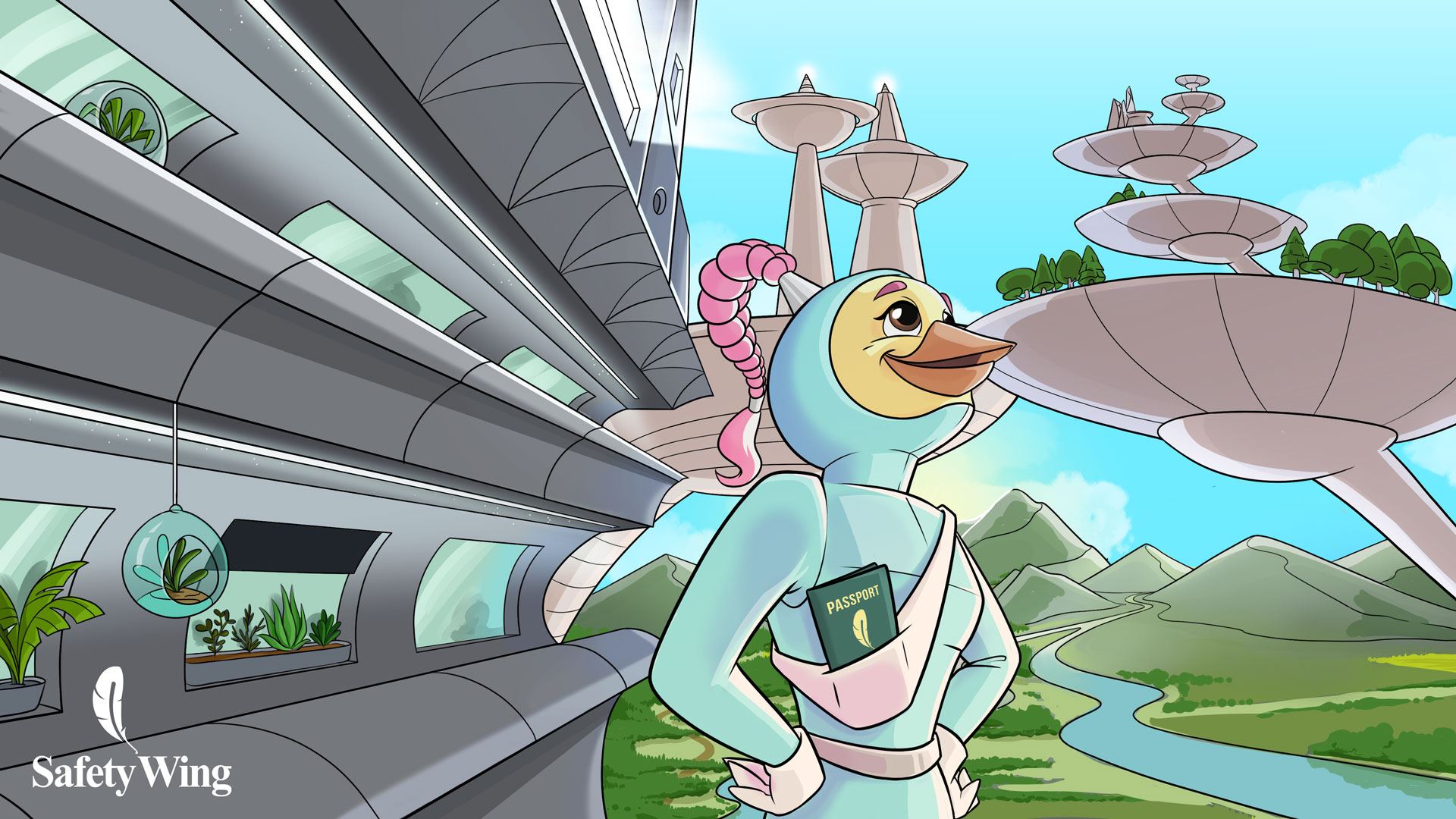Cost of Living in Cambodia for English Teachers (2026 Guide)
Planning to teach English in Cambodia? This 2026 guide breaks down the real cost of living, from rent and food to transport and daily expenses, so you can budget with confidence and see how far your salary will take you.

How Much Does It Cost to Live in Cambodia as an English Teacher?
Still stuck in a routine that's bleeding your wallet dry? You wake up to the same job, same bills, same feeling of "there's got to be more than this." Rent keeps rising. Groceries eat half your paycheck. And when you do catch a break? It costs you £30 just to have a night out.
If that's your current reality, it's time to look somewhere else.
Cambodia offers something most places don't: the chance to live well without needing a degree, thousands in savings, or blind luck. But if you're going to move here and teach, you need to know exactly how far your money will take you.
Let's break it down.
Monthly Costs in Cambodia: Real Numbers, No Fluff
You're not looking for travel brochure nonsense. You need to know if this is something you can afford, and how to avoid the traps that'll drain your money fast.
Rent
You'll find places at almost every budget level:
- Shared apartment in Phnom Penh: $150–$300
- Private apartment: $300–$600
- Western-style house: $600+
Want the truth? Most new teachers overpay on rent because they don't know where to look. Stay away from expat-heavy neighborhoods if you want value.
Live slightly outside the city center, and you'll cut your rent in half.
Food
Local food is cheap. Tasty. Filling. But go Western too often and your budget's gone.
- Street food meals: $2–$5
- Grocery bill (local markets): $100–$200/month
- Imported food: expect double the price
You'll save a ton if you shop like a local and cook at home. Fresh fruit, vegetables, meat, and spices are everywhere. You don't need to speak Khmer. Pointing and smiling works.
Transport
- Tuk-tuks: $2–$5 per trip
- Motorbike rental: $50–$70/month
- Petrol: $1–$1.20 per liter
- Public buses: exist, but don't count on them
If you're used to Uber draining £10–£15 per ride, this is a massive upgrade.
Want total freedom? Get a motorbike. It pays for itself in the first month.
Entertainment
- Bar night: $15–$25 total
- Draft beer: $1
- Cafes: $2–$3 per coffee
- Temples and cultural events: free or $1 entry
You can go out without guilt. You can enjoy yourself without checking your balance. You're not limited to watching Netflix on a couch because everything else is unaffordable.
Income vs Expenses: Will You Actually Save Money?
Let's talk about what you earn.
Most teachers in Cambodia make between $1,200 and $1,800/month depending on:
- Your school
- Your qualifications
- Your negotiation skills
- The city you work in
That leaves you with $500–$1,000 left over every month.
Yes, that includes weekend trips, shopping, and savings. Most people back home can't even save £100 per month.
Real Teachers. Real Lifestyles.
Karen lives in Siem Reap on $1,500/month. She teaches 25 hours a week, saves $400/month, eats out often, and doesn't worry about money anymore.
James is in Battambang. His $1,600 income covers rent, weekend travel, a gym membership, and he still sends money home to Scotland.
No debt. No overdraft. Just space to breathe.
Why Cambodia Beats the Others
Forget the hype around Thailand or Vietnam. Here's what Cambodia offers:
- Lower cost of living than Thailand
- Simpler visa process than Vietnam
- More job openings for teachers without a degree
- No CELTA required
- Real savings, even on a basic income
You don't need to chase every opportunity. You just need one that pays and treats you right.
Hidden Costs (and How to Avoid Them)
Let's not pretend it's perfect. There are traps here if you don't plan right.
- Western-style gyms: $40–$70/month
- Imported alcohol: Overpriced and unnecessary
- Tourist scams: Still a thing if you're careless
- Air conditioning: Raises your electricity bill fast
- No health cover: A single hospital visit without insurance can wipe out a month's savings
But here's the difference: You control your costs. You don't get blind-sided every week like back home.
Travel Medical Insurance: The One Cost You Should Not Skip
Private clinics in Phnom Penh can handle routine care, but serious injuries or illness often mean a flight to Bangkok. Without proper cover, an emergency can cost thousands of dollars out of pocket.
Smart Budgeting Moves
Want to stretch your money without feeling like you're cutting corners? Here's how:
- Find a housemate. It cuts rent in half
- Use local SIM cards for data
- Get a reusable water jug instead of wasting $1/day on bottles
- Join community groups (Facebook or Telegram) to find local deals
- Download food delivery apps, but don't live on them
When you budget with purpose, your lifestyle improves. It's not about restrictions. It's about choices.
Stay Connected and Secure Online
You will rely on café Wi-Fi, school networks, and apartment internet every day in Cambodia. Public networks are not always secure, and some sites and banking portals can be geo-blocked.
Stop Researching. Start Building Your Exit.
You've spent enough time reading blogs, watching YouTube, and wondering if this is legit. It is.
The only thing missing is action.
Here's what to do next:
- Pick the right TEFL or TESOL course (I recommend Bridge TEFL)
- Apply through GlobeScraper so I can guide you through every step
- Avoid the courses and schools that leave you hanging
- Get a job offer that actually pays
- Start over somewhere better
This Isn't a Holiday. It's a Reset Button.
If your current situation feels heavy, it's because it is. Bills piling up. A job that drains you. Dreams shelved until "one day."
Cambodia isn't a shortcut. It's an option. One that gives you space to live, work, and breathe again.
You're not looking for an escape. You're looking for a life you can afford and enjoy.
That's what this move offers.
Let Me Help You Get There
I've made this move. I've dealt with the visa process, TEFL options, job search, and apartment hunting. You don't need to figure this all out alone.
GlobeScraper connects you to:
- The right TEFL certification for Cambodia
- Schools actually hiring foreigners without degrees



